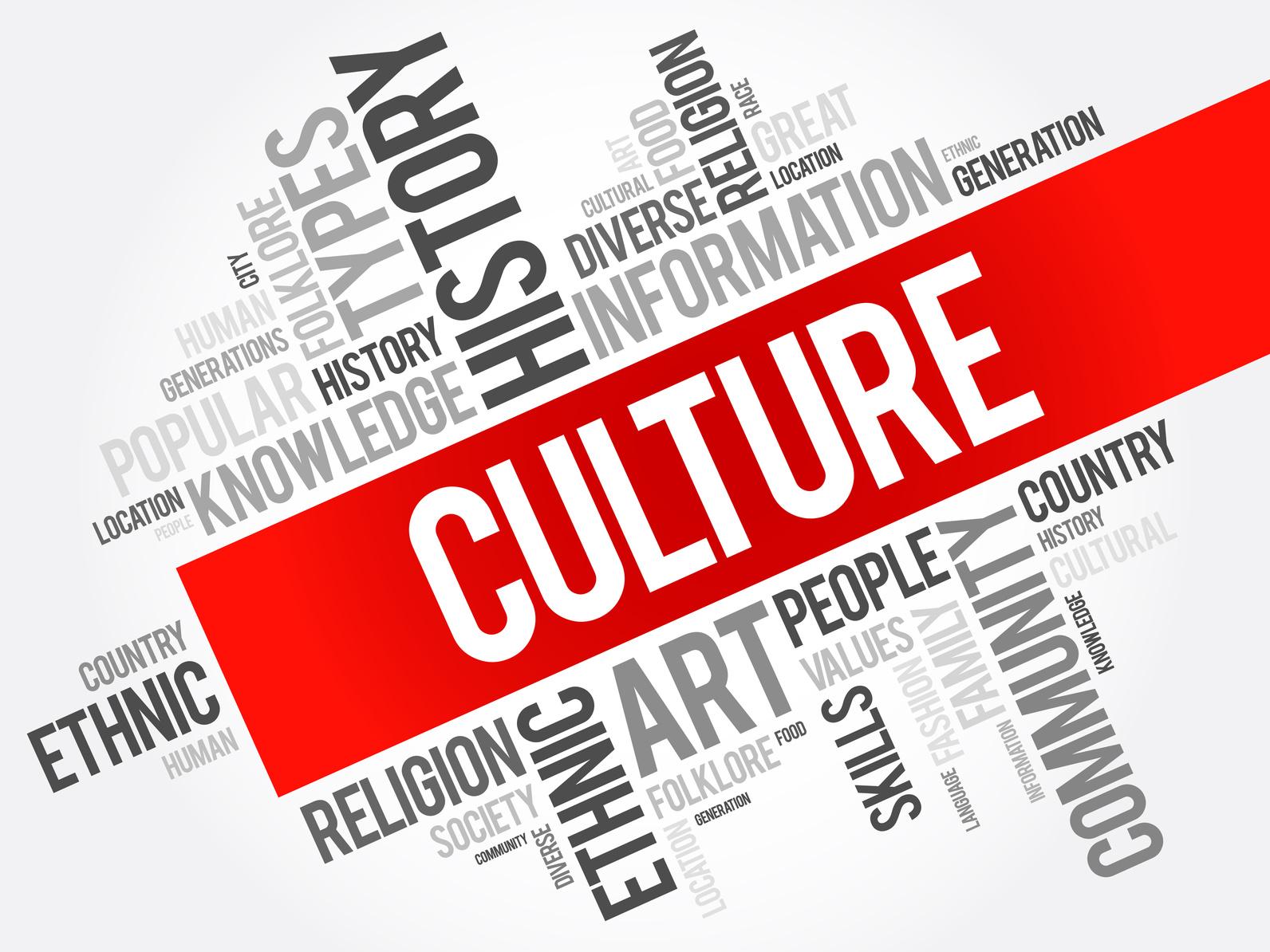Cultural Poverty: What is it?
If you've come across any of my podcast spots or talks in the last 12 months,
you'll likely have heard me mention cultural poverty. I thought that before I go any further with posts exploring the aspects of C.P, I would try to define it.
you'll likely have heard me mention cultural poverty. I thought that before I go any further with posts exploring the aspects of C.P, I would try to define it.
This isn't actually as easy as with many socio-educational concepts as the term itself is evolving as it gains more awareness in the educational community. I'll likely come back to this post and add to it as times go on.
What it is...
Cultural Poverty can be defined as how a learner is "unable to engage with creative and social concepts due to a lack of personal experiences that take place in the wider world".
An example of this is a student who in an English lesson would find it hard to write creatively about a story set in a forest or a city if they lacked any direct experiences of these places (they've never been to either).
It could also be present in a lesson dealing with citizenship studies, where students that have been brought up in cultural poverty have little understanding of their place within society or reasons why contributing to society is important.
Cultural Poverty, simply put, is a lack of holistic and social capital.
It impacts a learners ability to succeed and grow in education and beyond.
Cultural Poverty may mean a lack of:
- Sensory knowledge (What does a flower smell like, how does it feel to be high up on a mountain?)
- Awareness or reasons for interest in current affairs
- Popular Culture such as books, films, TV shows, games.
- Interest in local issues, current or historical
- Civil functionality
- Pride in themselves, others and of the area
...and likely more.
What it isn't...
Just because a learner grows up within a culturally or socially impoverished environment does not mean that they are economically challenged. There are links to show that yes, both do impact one another but if you only see it as a symbiosis of concepts, you disenfranchise those effected beyond that.
An example of this came up when I spoke with fellow lecturer Jenny Drain who teaches English at an agricultural college. She told me how the children of land workers come to her from often financially well off backgrounds but with exceptionally high cultural poverty. Their lack of experiences beyond the farm left them with a hard journey to comprehend and write analytically about extracts beyond their narrow sphere of culture.
On the other side of this, many families that immigrate to the U.K with low economic capital often have high cultural capital, with their children having experienced life in multiple countries and cultures, with the benefit of different languages opening up their understanding of English in unique ways. Many ESOL teachers I speak to tell me how they take their learners on multiple trips out to local places that they have no experiences of. One such cohort was taken to a nearby seaside town and on return were far more able to write creatively and factually.
Flipped on it's head it is...
Cultural Capital and Social Capital are two terms I am aware of.
OFSTED actually assess for cultural capital when inspecting schools, although from the information I can gather it is focused on within infant/primary. You can read a little more deeply about it here.
You would be right to ask me that, why then do I not simply call it cultural capital and be done with it?
I ask you then why don't we call economic poverty "A lack of economic success"?
It is because the word poverty is a strong one.
It evokes emotion and thereby the will to act upon it. Without raising our young our of cultural poverty we limit their ability to fully understand themselves and the world around them. We inhibit their ability to be creative and innovative- two aspects of self which employers are desperate for and that will be high demand as the automation of simple jobs becomes ever greater.
To conclude...
We owe it to the future generations to prepare them adequately for life beyond the classroom. This means culturally nourishing them. If we don't we simply set them up to become ever more removed from society and neuter their ability to understand the world around them.
As a teacher of English at an FE college, my approach is very much based around that experience. There are so many other subjects and age ranges out there in which Cultural Poverty has an effect. So please, share your thoughts and opinions and keep checking back as I write more posts about this subject as more information comes to light.
Together we can spotlight this issue and make changes.

Comments
Post a Comment